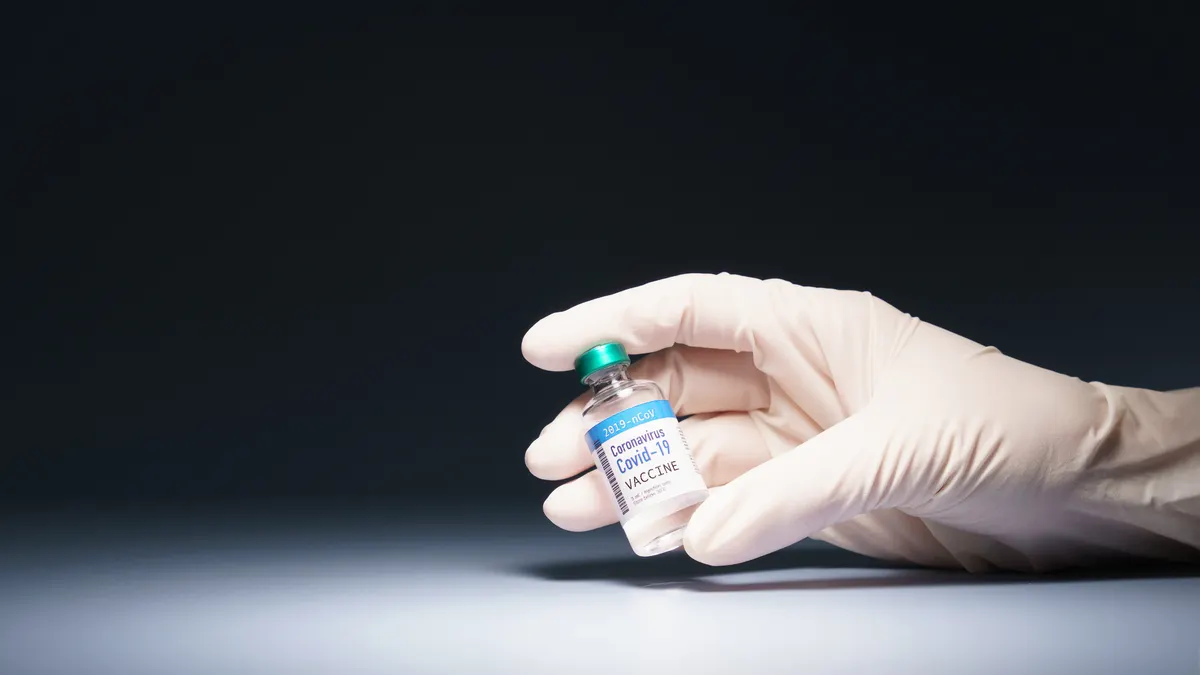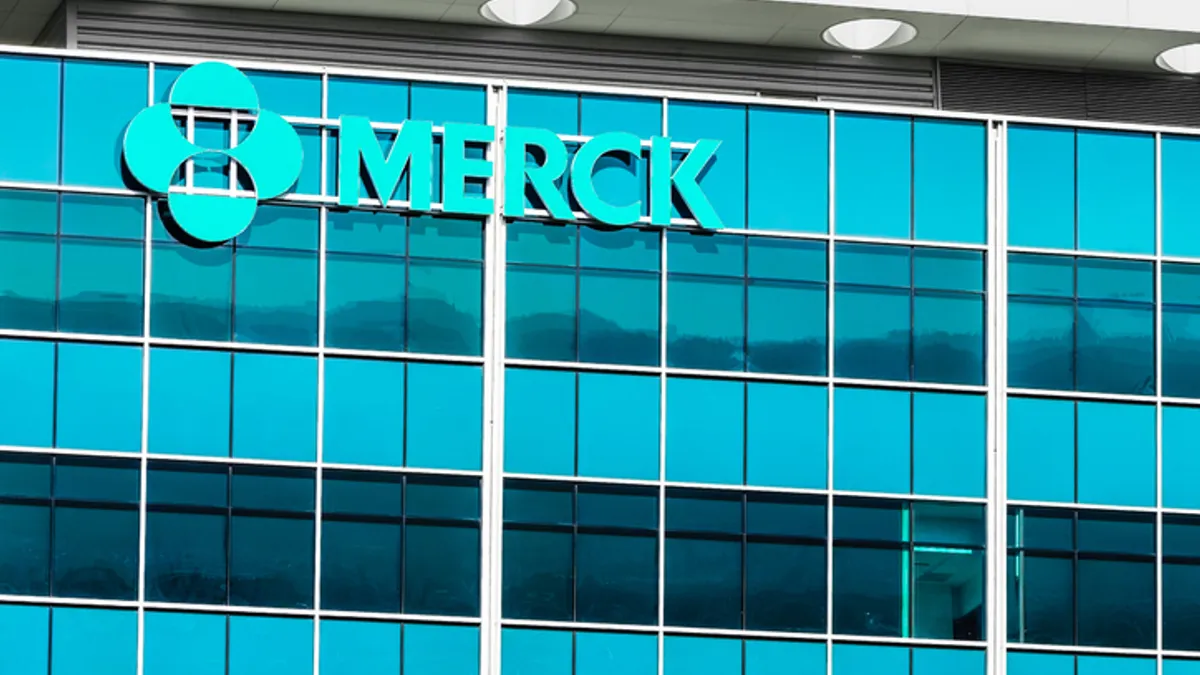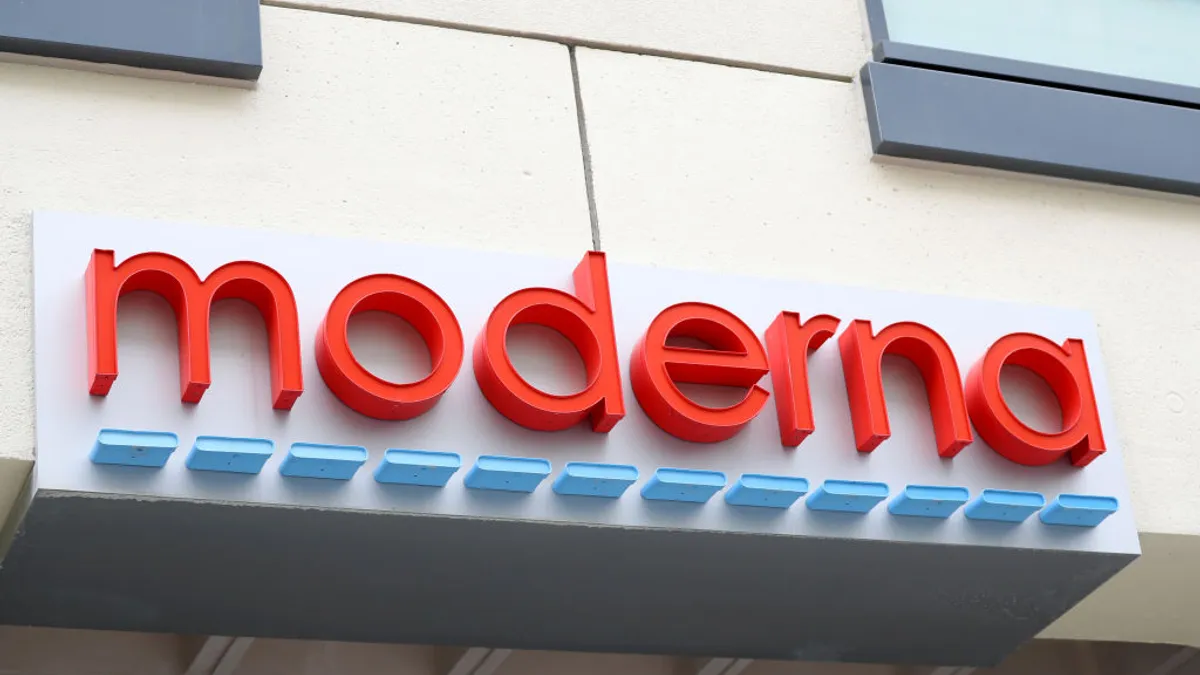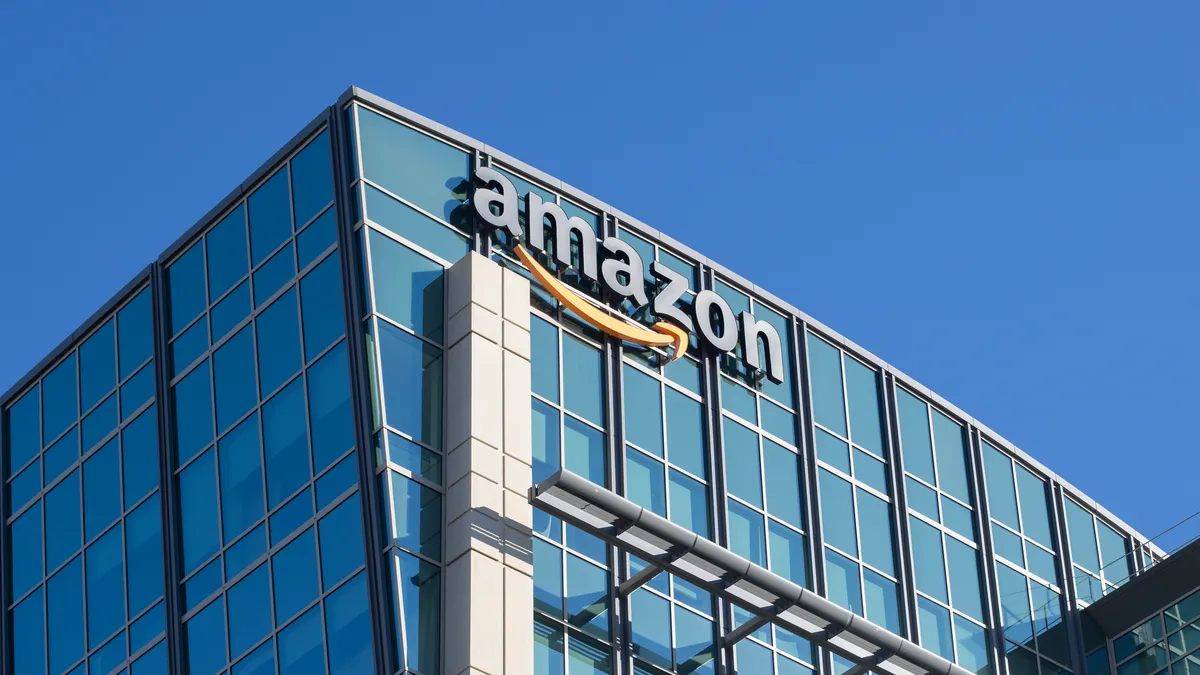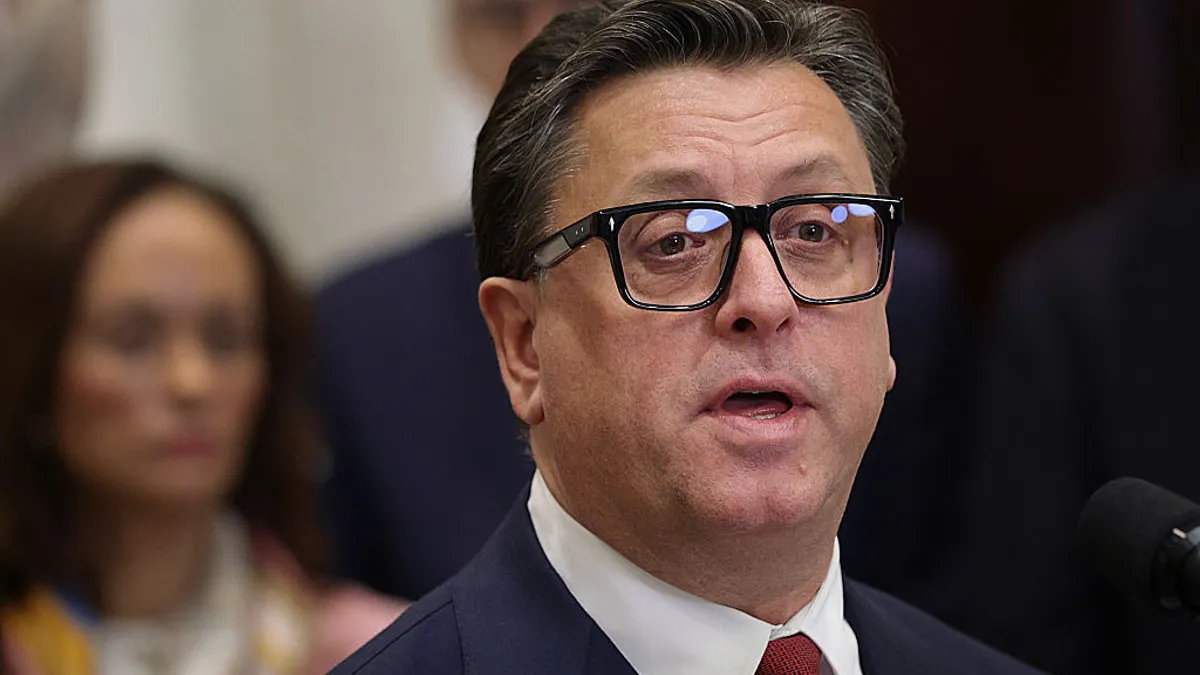Between a 20% reduction in workforce in April and the departure of several top officials across departments, the FDA is undergoing a major transition.
The job cuts have heightened concerns about potential delays and raised questions about how the federal regulator will keep up with its workload. But Commissioner Dr. Marty Makary has vowed to keep the review wheels churning, and the FDA recently launched its AI tool, Elsa, to help.
So far, the overall rate of drug approvals appears to be on track (or better) for the year. And the FDA is looking at other new initiatives to speed up drug reviews. While some of the proposed programs are still short on details, the FDA is expected to release more information about its plans in the coming months.
Here’s a look at some of the new programs and tools at the FDA aimed at streamlining reviews.
A voucher-based approach
The FDA announced plans to launch a new voucher program last month, with the lofty goal of reducing drug review times from as long as a year to as little as a month for select candidates. Dubbed the Commissioner’s National Priority Voucher program, the concept replaces the standard review with a team-based approach in which “a multidisciplinary team of physicians and scientists” will review submitted information in one day.
Makary, a surgical oncologist, said the review process will be similar to how teams of doctors make decisions on “major life-and-death questions for patients” in a “one-day tumor board-style discussion.” The agency also stated it would issue a “limited number of vouchers” in the first year, designated for companies “aligned with U.S. national priorities.”
The vouchers operate via four criteria, including if a drug or program addresses a health crisis in the U.S., delivers innovative cures, addresses an unmet public need or increases domestic manufacturing. Drugmakers can be granted a voucher for a specific drug candidate that meets the criteria or as an undesignated voucher that can be used at the company’s discretion. Based on the design, drugmakers would use their voucher to submit the chemistry, manufacturing and controls portion of their application for pre-review 60 days before submitting the final application.
“Using a common-sense approach, the national priority review program will allow companies to submit the lion’s share of the drug application before a clinical trial is complete so that we can reduce inefficiencies,” Makary said in the statement.
The FDA already has voucher programs for drug approvals that incentivize new treatments in certain disease areas, including priority review for rare pediatric disease, tropical disease and medical countermeasures. Unlike the CNPV program, these priority review vouchers can be bought and sold by pharma companies, and they’re sometimes worth over $100 million.
The CNPV program does not have congressional approval, and the FDA hasn’t yet clarified the program’s jurisdiction nor how the agency will implement new regulations, according to legal experts. The CNPV program appears to borrow from established voucher programs, allowing drugmakers to pre-submit some information prior to a final new drug application. New vouchers will begin this year.
Not all research experts believe the idea will benefit patients at a time when the FDA is operating on a shoe-string staff, and some have questioned the potential dangers of a faster timeline and the potential for the process to become politicized.
“[T]he commissioner is forcing the FDA to use its limited resources to rush through reviews of new drugs for unclear reasons,” Dr. Reshma Ramachandran, a member of the board of directors of Doctors for America, said in a statement. “Corners are likely to be cut.”
There’s also potential for increased litigation as some drugmakers will experience “enormous value of a shortened review period” and there’s little transparency so far as to how companies will be selected, according to legal experts at Hogan Lovells.
Conditional approval pathway
Prior to announcing the voucher program, Makary proposed greasing the approval wheels for ultra-rare diseases with a new conditional approval pathway. In his plan, drugs could receive conditional approval based on a “scientifically plausible mechanism” rather than randomized clinical trial data. Makary announced his idea for the pathway during an interview with Megyn Kelly in April, in line with his policy-from-the-podium approach to regulating, and no further details on the program have since been released.
Currently, the FDA grants some drugs accelerated approval on the condition that drugmakers complete confirmatory trials. If these later-stage trials fail, drugs could be pulled from the market.
The agency has other mechanisms to speed reviews as well, including fast track and breakthrough therapy designations. So far, based on the few details about the proposed idea, rare disease leaders aren’t sure another pathway is needed.
“I would say that the FDA already has sufficient pathways to approve what they need to,” Ultragenyx Pharmaceutical CEO Dr. Emil Kakkis said during a panel at BIO this month in Boston, BioSpace reported. Ultragenyx is a California-based biopharma developing gene therapies for rare and ultra-rare diseases.
However, past FDA officials, including Dr. Janet Woodcock, former acting commissioner, and former director of CBER Dr. Peter Marks, have pushed for a revamp of rare disease regulations.







